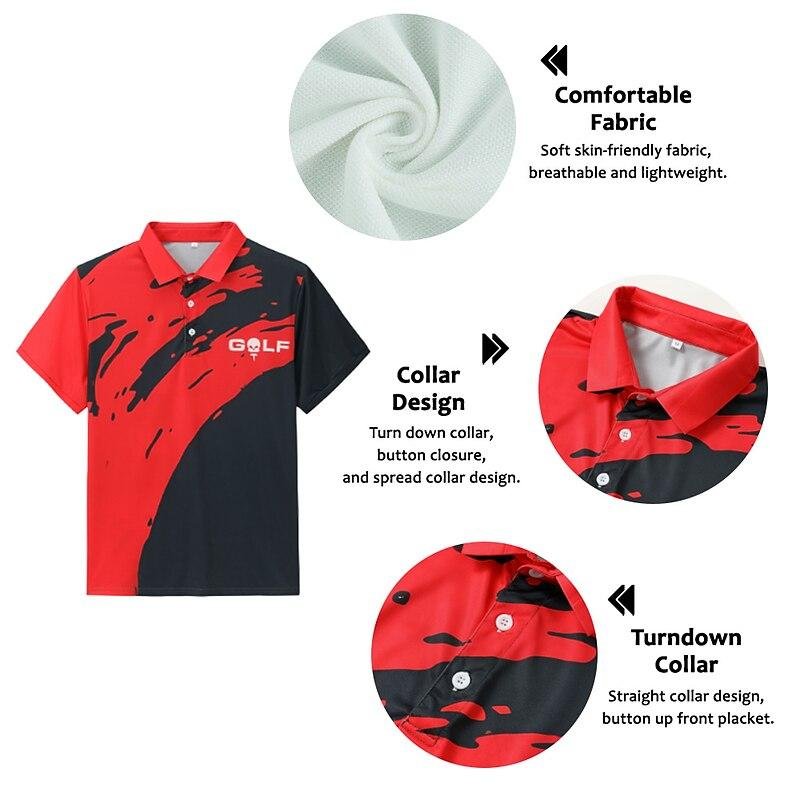Tag: fashion, apparel, clothing, industry, revolution
In recent years, the fashion industry has been undergoing a significant transformation. Traditional concepts and norms have been challenged and new ideas have emerged to redefine what we consider as “fashion”. This revolution in the world of apparel is not just limited to trends and styles but also encompasses sustainability, inclusivity and technology.
One of the major changes in the fashion industry is its increasing focus on sustainable practices. With growing awareness about environmental concerns and ethical issues surrounding fast-fashion production methods, consumers are becoming more conscious about where their clothes come from. As a result, many brands are now incorporating sustainable materials such as organic cotton and recycled fabrics into their collections. Additionally, there is also a shift towards implementing sustainable production processes that minimize waste and reduce carbon footprint.
Another aspect that has witnessed significant change is inclusivity. In earlier times, mainstream fashion was often criticized for promoting unrealistic body standards through airbrushed models on magazine covers. However, with changing times comes changing attitudes – diversity and representation have become key factors in determining success within the industry today. Brands are now embracing all body types by featuring diverse models in their campaigns and creating inclusive size ranges for their products.
Technology has also played a crucial role in transforming the way we perceive fashion. From e-commerce platforms making it easier to shop online to virtual try-on technologies allowing customers to see how clothes fit without trying them on physically – technology has made shopping more convenient than ever before. Moreover, advancements like 3D printing have opened up endless possibilities for design innovation.
The concept of gender-fluidity has also found its place within the realm of fashion. More designers are breaking away from traditional gender stereotypes by introducing unisex collections or blurring lines between menswear/womenswear altogether. This represents a positive step towards an inclusive society where individuals can express themselves freely through their clothing choices.
In conclusion, the fashion industry is undergoing a major revolution with new ideas and concepts emerging to create a more sustainable, inclusive and technologically advanced industry. As consumers continue to demand change and progress, it is important for brands to adapt and evolve in order to stay relevant. The future of fashion is undoubtedly exciting as we witness this evolution of style and norms.

